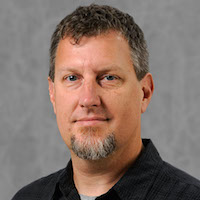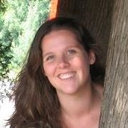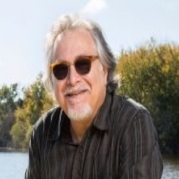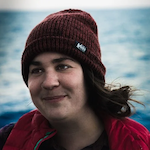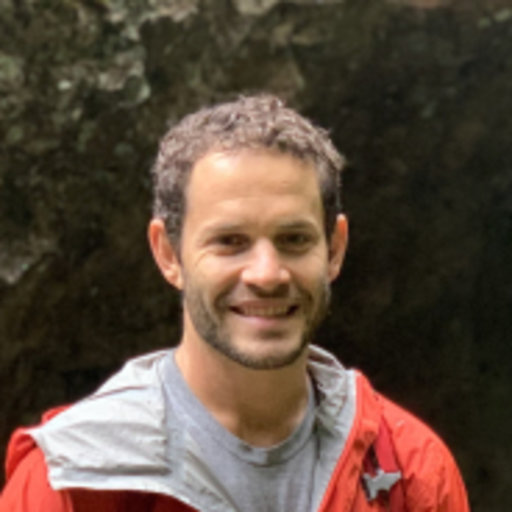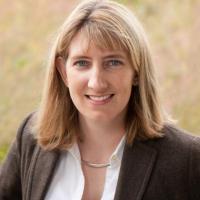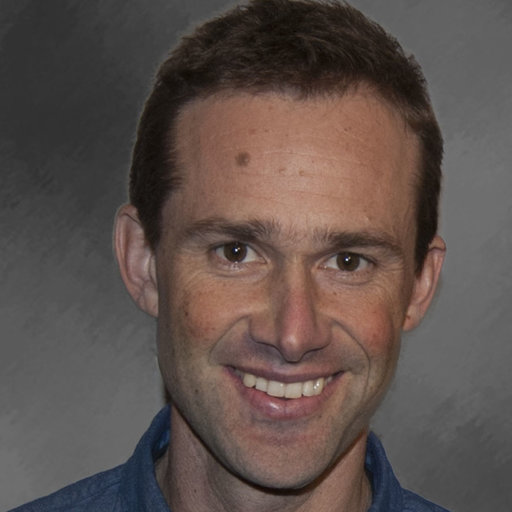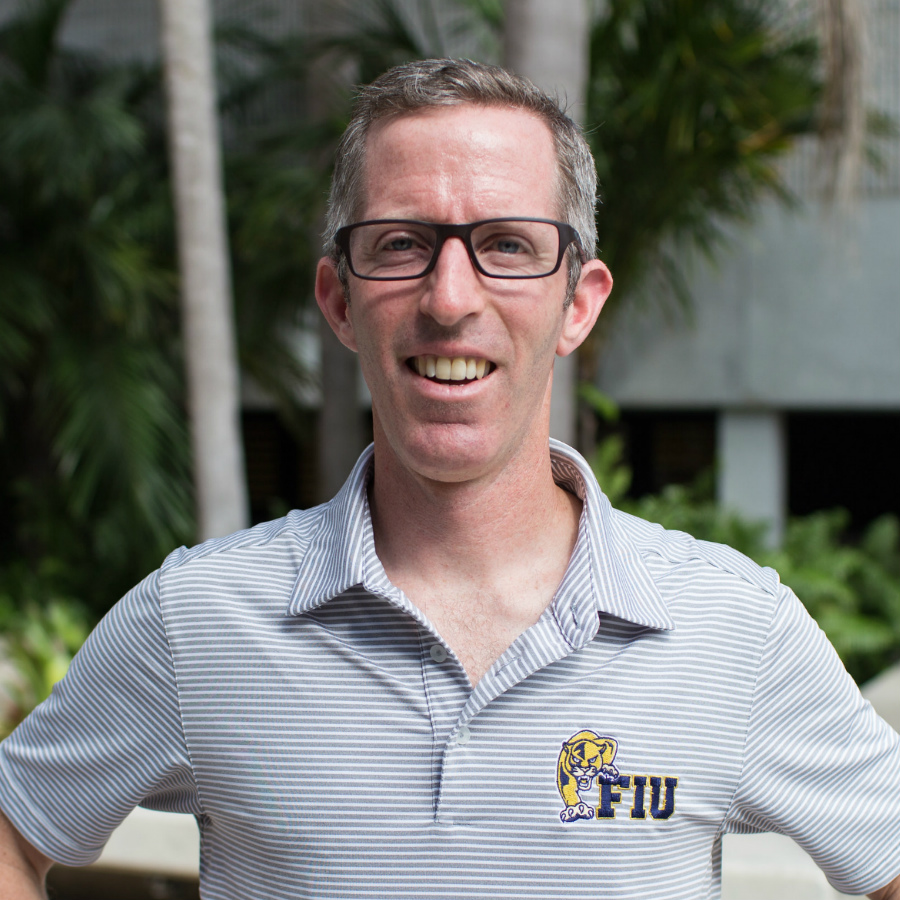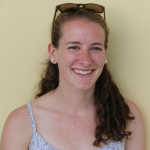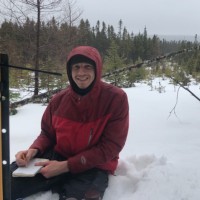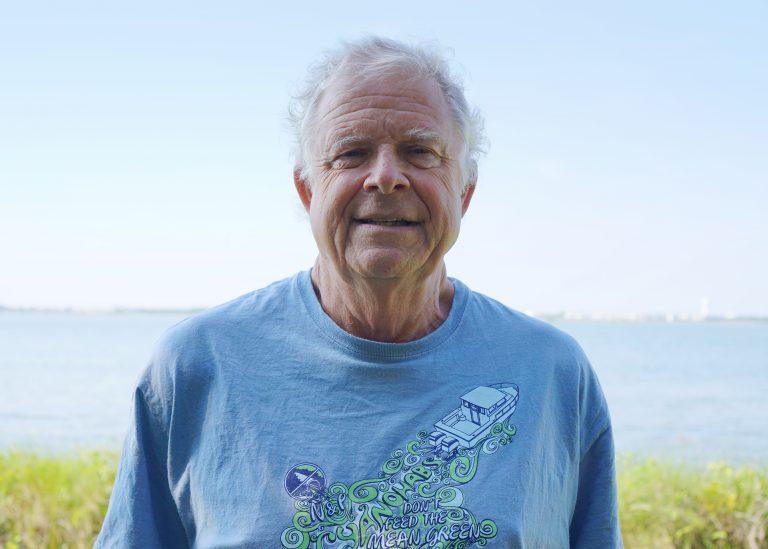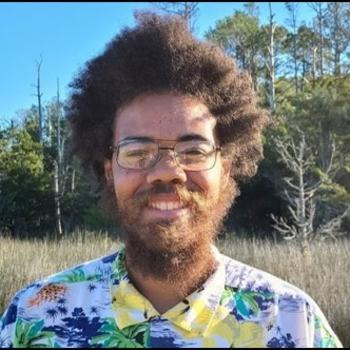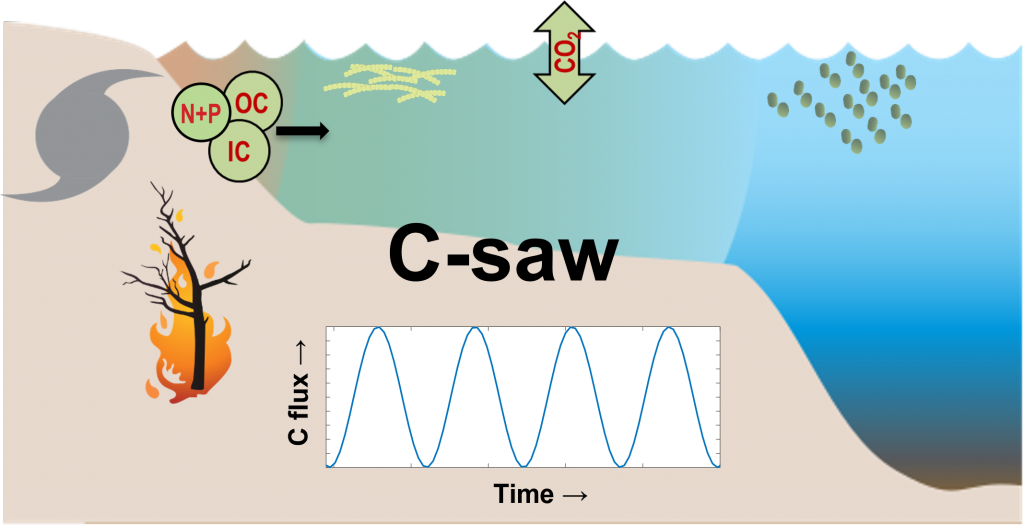
Carbon saturation and weather in the coastal zone (C-saw): A workshop report
Weather or weather-influenced events—fires and storms—are altering carbon movement in the coastal zone: the “C-saw.” Sixty scientists gathered at North Carolina State University in October 2022 for an OCB scoping workshop funded by NSF and NASA to push forward our knowledge of extreme weather on coastal carbon cycling. The workshop brought together a diverse community of monitors/observers, experimentalists, and modelers to address challenging knowledge gaps across the land-air-water spatial and temporal domains. We learned that both the spatial and temporal distribution of extreme weather is predicted to change as regions become wetter or drier. Also that carbon cycle responses were not always predictable but are strongly impacted by land use and antecedent conditions. Interactivity of different weather phenomena (e.g., drought or fire preceding extreme precipitation) can accelerate transfer of carbon and nutrients into receiving waters as much as interactivity of pulses of extreme weather events and more gradual presses of (e.g., sea level rise). This can result in loss of carbon stored in the landscape and its gain in receiving waters. These events may result in undersaturation in one domain and oversaturation in another over time scales that are poorly constrained.
Weather is thus a major driver affecting the build-up and rapid release and transformation of carbon at land-marine-atmosphere interfaces. The effects are most apparent in systems with long residence times that yield observable biogeochemical signals of under- and oversaturation. Attendees articulated that sustained meteorological and biogeochemical observationsprovide key information on baseline properties of coastal systems that are critical for developing predictive models of system responses. In addition to characterizing the baseline, coordinated observing activities in response to extreme events must become commonplace to allow us to understand and identify coherent responses of coastal systems to gradients of extreme weather. To support and advance transdisciplinary C-saw research, participants discussed the establishment of sentinel sites in coastal regions that are heavily impacted by storms, tropical cyclones, and fires in order to support both baseline monitoring and responsive observations and process studies. Such sites could be strategically located to leverage established observing programs and resources.
Human communities strongly depend on coastal systems for food and economy. As these coastal systems continue to be threatened by more frequent and intense extreme weather events, it is imperative that we establish a collaborative interdisciplinary C-saw network to define the key observations, study criteria, and infrastructure needed to support research and decision making.
The workshop was recorded, and the recordings are available on the OCB YouTube Channel. After the workshop, a group of organizing committee members and workshop participants prepared a short summary of key priorities and recommendations to support research and monitoring efforts and grow a thriving C-saw community of practice, which was submitted to the U.S. Ocean Climate Action Plan request for input. Another workshop participant shared a summary of these priorities at COP-27. Additional workshop products planned for the coming year will include 1-2 papers describing the C-saw and how we should study it. Participants are also hoping to convene future workshops and community activities.
Dates: October 23-26, 2022 at North Carolina State Univ. in Raleigh, NC (in person)
| Sunday, October 23 | |
| 17:30-19:30 | Welcome reception with appetizers, lightning talks, and posters |
| 19:30 | Dinner on your own |
| Monday, October 24 | |
| 7:15 | Group walk to Talley Student Union, NCSU campus |
| 7:30 | Bus departs hotel for NCSU campus |
| 8:00-8:30 | Continental breakfast and coffee |
| 8:30-9:00 | Workshop Welcome and Introduction: Chris Osburn (NCSU), Heather Benway (OCB/WHOI), Libby Larson (NACP) |
| Plenary Session 1: Storms Moderator: Hans Paerl | |
| 9:00-9:30 (25 min. talk, 5 mins. Qs) | Increasing extreme precipitation and climate: Observations and projections (Kenneth Kunkel, North Carolina Institute for Climate Studies) |
| 9:30-10:00 (25 min. talk, 5 mins. Qs) | Modeling frameworks to quantifying past and future climate impacts on coastal storms (Kevin Reed, Stony Brook Univ.) |
| 10:00-10:30 | Open Q&A and Discussion |
| 10:30-11:00 | Break (networking, poster viewing) |
| Plenary Session 2: Fires Moderator: Alan Roebuck | |
| 11:00-11:30 (25 min. talk, 5 mins. Qs) | How changing fire regimes influence biogeochemical cycling and solute transport in western North American watersheds (Erin Hanan, Univ. Nevada, Reno) |
| 11:30-12:00 (25 min. talk, 5 mins. Qs) | Wildfire, storm events, and the redistribution of black carbon along the terrestrial-aquatic continuum (Sasha Wagner, Rensselaer Polytechnic Institute) |
| 12:00-12:30 | Open Q&A and Discussion |
| 12:30-13:30 | Lunch |
| Plenary Session 3: Ecosystems Moderator: John Kominoski | |
| 13:30-14:00 (25 min. talk, 5 mins. Qs) | Delivery of sediment from watersheds to estuaries: consequences to ecosystem carbon cycling and retention (Greg Noe, U.S. Geological Survey) |
| 14:00-14:30 (25 min. talk, 5 mins. Qs) | Pixelated ecosystem state changes and what that means for the loss and recovery of wetland carbon (David Lagomasino, East Carolina Univ.) |
| 14:30-15:00 | Open Q&A and Discussion |
| 15:00-15:30 | Break (networking, poster viewing) |
|
15:30-17:00
|
Breakout Session 1. Storms, Fires, & Ecosystems |
| Discussion Questions What is a new interesting concept you learned today? What is a critical missing piece needed to understand the C-Saw? What are the model locations to study the C-Saw? What new tools are essential for expanding broader capture of the C-Saw? How does frequency (how often) and timing (grouping of events) affect flux across the terrestrial-aquatic continuum? How are extreme events of the same driver/mechanism differentially impact ecosystems along inland-to-coastal hydrologic gradients? |
|
| 17:00-17:30 | Group discussion and report out from breakout groups |
| 17:30 | Bus departs for hotel |
| 18:30 | Casual dinner and small group networking at Morgan St Food Hall |
| Tuesday, October 25 | |
| 7:15 | Group walk to Talley Student Union, NCSU campus |
| 7:30 | Bus departs hotel for NCSU campus |
| 8:00-8:30 | Continental breakfast and coffee |
| 8:30-9:00 | Morning instructions, reflections on day 1, goals for day 2 |
| Plenary Session 4. Modeling Moderator: Karl Kaiser | |
| 9:00-9:30 (25 min. talk, 5 mins. Qs) | The role of storms on estuarine and shelf biogeochemical cycling: Identifying and quantifying knowledge gaps using numerical models (Julia Moriarty, Univ. Colorado, Boulder) |
| 9:30-10:00 (25 min. talk, 5 mins. Qs) | Wildfires, nutrients, and marine biogeochemical cycles: an Earth System modelling perspective (Douglas Hamilton, NCSU) |
| 10:00-10:30 | Open Q&A and Discussion |
| 10:30-11:00 | Break (networking, poster viewing) |
| Plenary Session 5. Observations Moderator: Dana Hunt | |
| 11:00-11:30 (25 min. talk, 5 mins. Qs) | ModMon: a 25+ year assessment of human and climatic impacts on the Neuse River Estuary-Pamlico Sound continuum, NC (Hans Paerl, UNC) |
| 11:30-12:00 (25 min. talk, 5 mins. Qs) | Coastal observations, mechanisms, and predictions across systems and scales (Nicholas Ward, Pacific Northwest National Laboratory) |
| 12:00-12:30 | Open Q&A and Discussion |
| 12:30-13:30 | Lunch |
|
13:30-15:00
|
Breakout 2. Modeling & Observations |
| What would your ideal monitoring system look like for the C-Saw? e.g., location, measurements, etc. What are the model locations to study the C-Saw? How would you design specific manipulative experiments? What fields are missing from this discussion/ who do we need to bring into the discussion? Create a map/diagram |
|
| 15:00-15:30 | Break (networking, poster viewing) |
| 15:30-17:00 | Group discussion and report out from breakout groups and open floor discussion/pitch for workshop outcomes (to inform Breakout 3: synthesis/writing teams) |
| 17:00 | Bus departs for hotel |
| Dinner on your own - Scientific Organizing Committee meet for dinner | |
| Wednesday, October 26 | |
| 7:15 | Group walk to Talley Student Union, NCSU campus |
| 7:30 | Bus departs hotel for NCSU campus |
| 8:00-8:30 | Continental breakfast and coffee |
|
8:30-9:30
|
Morning instructions, reflections on day 2, goals for day 3 |
| Form collaborative teams based on shared interests in workshop outcomes | |
| Breakout 3. Synthesis & Writing Teams | |
| 9:30-11:00 | What is needed to advance research on the C-saw? Discuss and design workshop products - plans, outlines, timelines, assignments |
|
11:00-12:00
|
Groups report out on planned workshop products |
| Final remarks | |
| 12:00 | Adjourn workshop, box lunch to go |
| 12:30-2:30 | Scientific Organizing Committee meet |
The aim of this workshop is to push forward our knowledge of extreme weather and fire effects on coastal carbon cycling. The workshop will bring together a diverse group of scientists to build a community of monitors/observers, experimentalists, and modelers to address these challenging knowledge gaps across these spatial and temporal domains. Confirmed plenary speakers for the workshop are as follows (by theme):
Storms: Ken Kunkel (NOAA), Kevin Reed (Stony Brook Univ.), Lisamarie Windham-Myers (USGS)
Ecosystems: Greg Noe (USGS), David Lagomasino (ECU)
Modeling: Julia Moriarty (Univ. Colorado), Douglas Hamilton (Cornell), Nick Ward (PNNL)
Wildfires: Erin Hanan (UNR), Sasha Wagner (RPI)
Extreme events are fundamentally altering coastal carbon cycles, by altering linkages among the land-air-water spatial domains. These alterations have been documented for the past 20-30 years due to increases in extreme weather events (fires, drought, tropical cyclones). Conceptually, these events are episodic and represent pulses experienced by the affected ecosystems, as opposed to the gradual presses (sea level rise, land use change), often under which the pulses occur. Responses to these events can reorganize coastal carbon cycles by translocating enormous amounts of carbon and nutrients (e.g., N and P) stored in coastal landscapes to the coastal ocean via biogeochemically active terrestrial-aquatic interfaces: river corridors, riparian and tidal wetlands, etc. In addition, these pulses can also transport microorganisms capable of driving biogeochemistry (Kominoski et al. 2020). However, these responses exist within time domains that are poorly understood and not constrained in coupled biogeochemical or Earth system models (Ward et al. 2020).
The aim of this workshop is to push forward our knowledge of extreme weather and fire effects on coastal carbon cycling. This OCB Scoping Workshop will bring together a diverse group of scientists to build a community of monitors/observers, experimentalists, and modelers to address these challenging knowledge gaps across these spatial and temporal domains.
The following conceptual questions serve as a framework to achieve the workshop’s goal:
Storms - Chris Osburn (lead), Hans Paerl, Karl Kaiser
Fires - Kelsey Bisson (lead), Sasha Kramer, Alan Roebuck, Joey Crosswell
Ecosystems - John Kominoski (lead), Elliott White, Tom Bianchi
Modeling – Dana Hunt (lead), Dulci Avouris, Joey Crosswell
